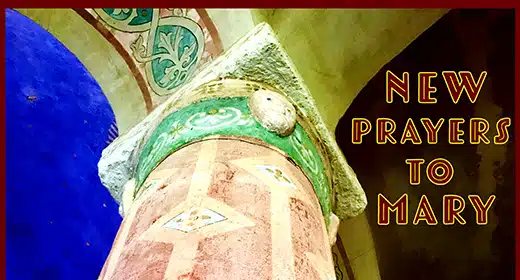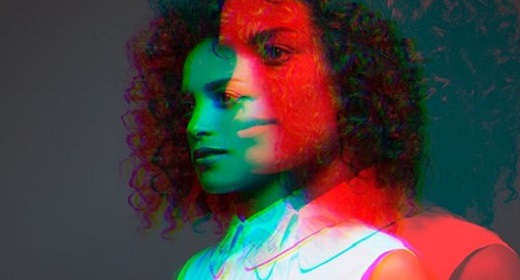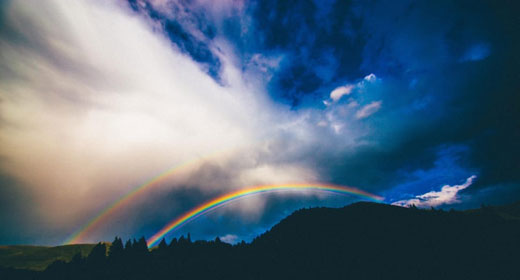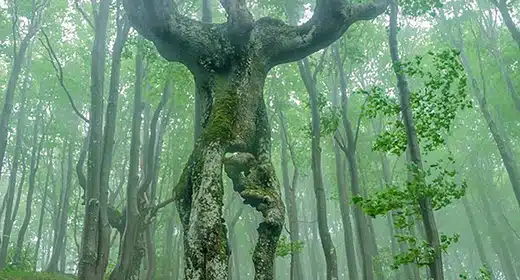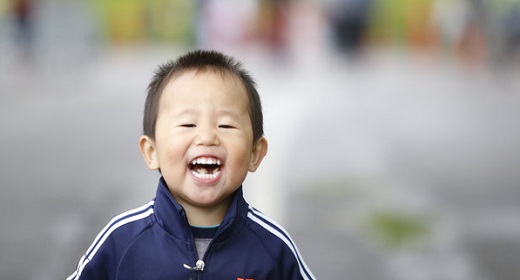Khandro Thrinlay Chodon: In India the term ‘sacred’ doesn’t have a religious connotation. The holistic culture, in view of the complex and multiple traditional practices, allows it to blend seamlessly in our daily lives.
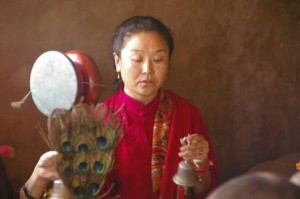 India International Sacred Festival, an yearly offering by the Delhi-based cultural organisation, The Attic, (Amarjit Bhagwant Singh Charitable Trust) bases itself on this premise as it unfolds before the viewers, a gamut of performative and visual art traditions from India and the world.
India International Sacred Festival, an yearly offering by the Delhi-based cultural organisation, The Attic, (Amarjit Bhagwant Singh Charitable Trust) bases itself on this premise as it unfolds before the viewers, a gamut of performative and visual art traditions from India and the world.
Into its third edition, the festival is back, a bit tighter and more thematically packaged concentrating on goddess worship and is thus called ‘Devi – an exploration of goddess worship’. Unlike its previous avatars, its spread over just three days — last year it was a five day affair — and comes with a thrust on panel discussions rather than performances.
The aspect of Chinese, Japanese and Central Asian goddesses will be probed in a lecture organised by scholar Lokesh Chandra who will also be one of the panellists among artist Yuriko Lochan, Nirmala Sharma and Dr. Shashi Bala. Looking at goddess worship in other parts of the world is another lecture ‘Greek, Roman and European Goddesses’ that is scheduled to take place on March 6, Sunday. “There is marked contrast between India and other countries when it comes to goddess worship. In all cultures, goddess worship is nearly dead whereas here it is a continuous and vibrant tradition,” says Preminder Singh of The Attic.
Among the few remaining traditions in Europe, there is one of the gypsy goddess Saint Sarah, still worshipped by the gypsies of the region who gather every May, in the French village of Saintes Maries de la Mer to honour the goddess. “And unlike their other European goddesses, she is black. The speakers will also be touching the topic of different Marys — Mary Magdalene, Virgin Mary and Mary Salome etc,” adds Singh.
Another interesting component of the fare are the three workshops-cum-teaching sessions by spiritual women like US-based Yogini Shambhavi, Khandro Thrinlay Chodon, a female Vajrayana Buddhist teacher based in Nepal and Sri Ma Amodini Saraswati talking about their distinct practices and the presence of feminine principle in them, that have been given afternoon time slot.
The venue, which is again different from the last time, has shifted to Crafts Museum whose director Ruchira Ghosh has curated the exhibition showcasing the manifestations of goddess in visual traditions like in the dhokra craft, thangka painting, Sholapith, a milky white sponge-wood craft of West Bengal, woodcarving and terracotta etc.
Deeply ingrained
The goddess worship is deeply ingrained in our folk and tribal culture and the festival showcases the vital link through the live demonstrations of their craft-cum-ritual practices. The ritual of painting Mata Ni Pachedi will be demonstrated by Chandrakant Bhulabai Chitara from Ahmedabad followed by a talk by Bishakha Shome of Vishwabharti University. The narrative shrine hangings — painted on a cloth bearing images of Shakti and Devi and motifs related to her in kalamkari style — are executed by the nomadic community of Waghari and painted by the Chitaras for various ritual purposes.
One of the goddesses revered in the folk culture of West Bengal is Manasa, the serpent goddess. A ritual earthen pot is made by the potters and painted with images of the female deity will be shown by done by Tarakanath Khubhkar of Bankura.
Among the notable cultural performances is a Manipuri dance by Metei Jagoi , ‘Lai Hairoba’, West African group’s presentation of traditional Griot and Kora songs based on their Mami Wata god/goddesses, ancient songs and hymns by Ani Choying Drolma on Tara who is considered female Buddha, a fusion between Israeli guitarist and Rajasthani musicians.
It will be some time before the festival becomes an important part of the Capital’s cultural calendar but as of now, it caters to a niche audience not hankering after big and popular names and performative traditions which are missing here. Singh too agrees that the affair is “not the mass appeal kind” but it certainly wants to reach out to the larger audience.


